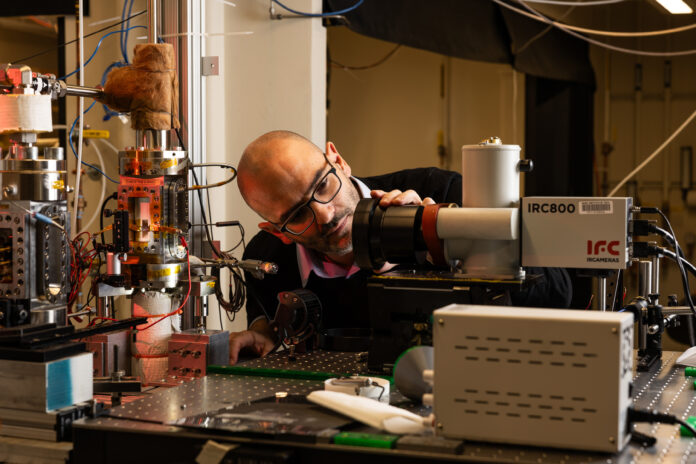Introduction to Boiling Research
Most people take boiling water for granted, but for Associate Professor Matteo Bucci, uncovering the physics behind boiling has been a decade-long journey filled with unexpected challenges and new insights. The seemingly simple phenomenon is extremely hard to study in complex systems like nuclear reactors, and yet it sits at the core of a wide range of important industrial processes.
The Importance of Boiling
Boiling is used in 80 percent of the power plants that produce electricity, and Bucci’s research has implications for space propulsion, energy storage, electronics, and the increasingly important task of cooling computers. Unlocking the secrets of boiling could thus enable advances in efficient energy production, electronics cooling, water desalination, medical diagnostics, and more.
Overcoming the Boiling Crisis
Bucci’s lab has developed new experimental techniques to shed light on a wide range of boiling and heat transfer phenomena that have limited energy projects for decades. One of the main challenges is a problem caused by bubbles forming so quickly they create a band of vapor across a surface that prevents further heat transfer. In 2023, Bucci and collaborators developed a unifying principle governing this problem, known as the boiling crisis, which could enable more efficient nuclear reactors and prevent catastrophic failures.
From Engineering to Bubbles
Bucci’s interest in engineering and physics started at a young age, growing up in a small Italian village. He gained mechanical skills by working in his father’s machine shop and by taking apart and reassembling appliances. He also gained a passion for cycling, competing in the sport until he attended the University of Pisa for undergraduate and graduate studies. Bucci chose nuclear engineering as a middle ground between physics and engineering, and his PhD research led him to study boiling in nuclear reactors.
Advanced Research and Techniques
Today Bucci’s lab is developing new diagnostic techniques to study boiling and heat transfer, along with new materials and coatings that could make heat transfer more efficient. The work has given researchers an unprecedented view into the conditions inside a nuclear reactor. The diagnostics developed can collect the equivalent of 20 years of experimental work in a one-day experiment. This data has led Bucci to a remarkably simple model describing the boiling crisis.
Supporting Students and Applying AI
Bucci says working with students is the most rewarding part of his job, and he tries to give them independence as well as support. He is also excited about incorporating artificial intelligence into his field, and has founded a journal called AI Thermal Fluids to feature AI-driven research advances. Bucci believes AI can be used to process huge reams of data gathered using new experimental techniques, as well as to model phenomena researchers can’t yet study.
Conclusion
In conclusion, Bucci’s research on boiling has the potential to enable advances in a wide range of important industrial processes, from energy production to electronics cooling. By developing new experimental techniques and applying artificial intelligence to the field, Bucci and his students are shedding light on the complex phenomena of boiling and heat transfer. As Bucci continues his research, he is inspiring a new generation of scientists and engineers to explore the secrets of boiling and to develop innovative solutions to real-world problems.

